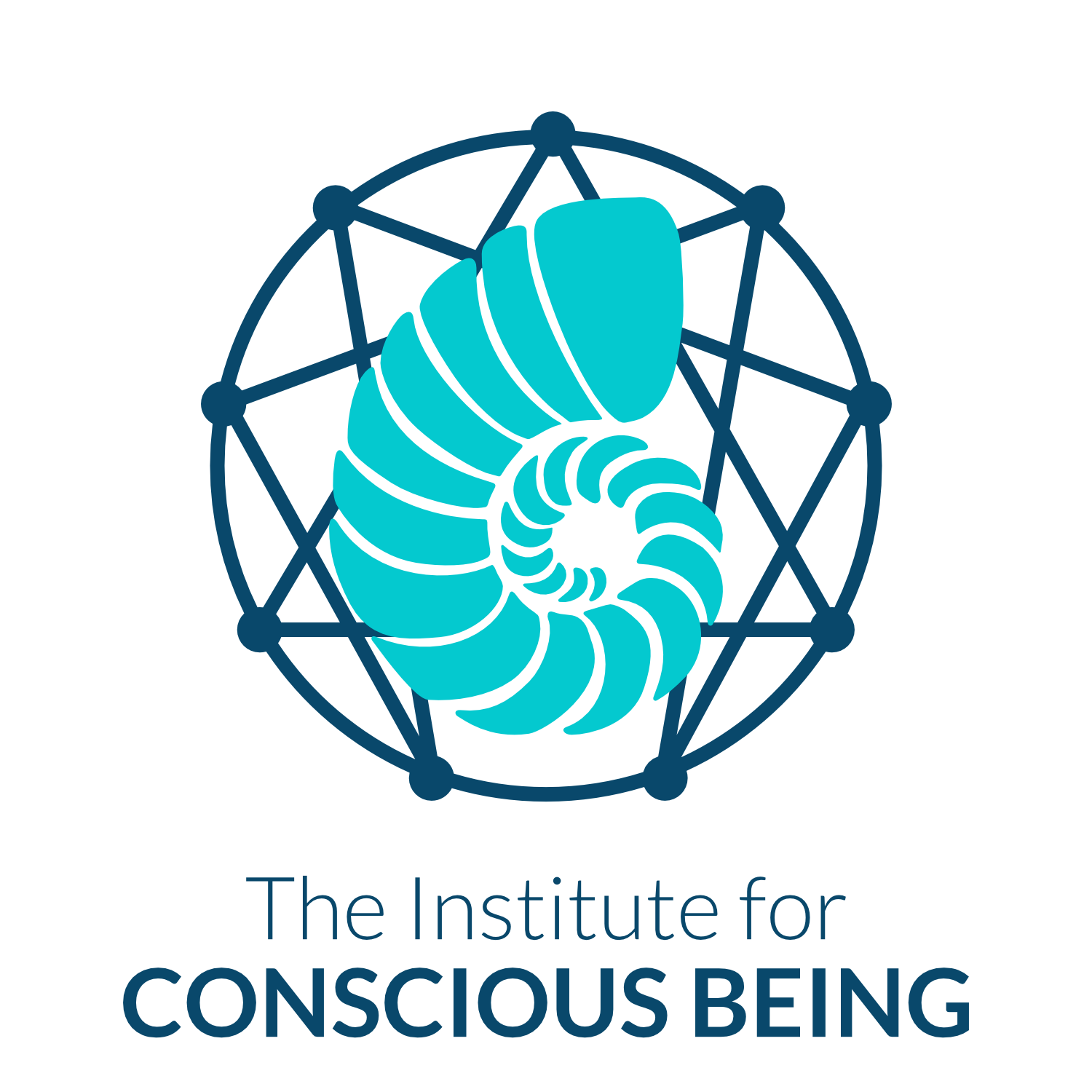Divine Timing 2
January 15, 2025
Divine Timing Part 2
As one of the Founding Fathers of the United States, Thomas Jefferson was a genius who got things done. Besides being the author of the Declaration of Independence, he was the governor of Virginia, the US ambassador to France, and the founder, architect, builder, and president of the University of Virginia. He became the third president of the United States of America.
Because Lark and I lived in Charlottesville for three and one-half years, we were frequent visitors to Jefferson's home nearby. Jefferson was also an architect who designed many buildings, including the White House as well as his private home, Monticello (Little Mountain). His home was his refuge.
When in the house, it's possible to feel its energy. Imagine the activities happening right there, before media, telephones, typewriters, TVs, faxes, or any computers or artificial intelligence! It was also a working plantation and home with family drama, visitors of all types, celebrations, crises, sexual affairs, births, and deaths.
Of significant note is that Jefferson had blindnesses and weaknesses like all human beings. For example, he owned people who'd been captured in their native lands and, against their wills, were brought to this country, as enslaved people. How could a person of such highly developed consciousness buy and sell his fellow human beings? Regardless of our level of consciousness, Jefferson and all of us are products of our times and cultural circumstances, including blind spots and a lack of awareness.
Today, what do you see lacking in consciousness in our great men and women — what may be their blindnesses that in a hundred years may be seen as radical unconsciousness? And what is the lack of consciousness of those of us who do not fall into the category we call “great?” What do we buy, hook, line, and sinker, and go along with? What we simply go along with today, may one day be thought of as unconscious or even immoral.
Regardless of one's development, how do we get anything done and attend to the physical, emotional, mental, and spiritual needs of our lives and those we love? One of Thomas Jefferson's methods was to keep a regular schedule — a set routine at Monticello. The following was his typical day:
Waking up at the first light of dawn.
Dress and read
Breakfast at 8:00 am
Morning work: letters and official business
Receive and meet with visitors
Exercise: walking far without fatigue
Dinner: 3:30 pm
Work: Jefferson would work three or four hours before bed, around 10 pm. He would record his observations throughout the day.
Jefferson's daily routine structured his highly innovative and creative life. But like all creative people, when he had to alter his structure, he did. Being in the flow of conscious awareness is vital for creativity.
But being in the flow doesn't mean we are perfectly evolved; instead, it means that we are progressing — we become aware of our unconscious ideas and behaviors and are thankful when our schedule enhances our consciousness. But in consciousness, we have the freedom and right to change the schedule if it inhibits awareness and growth.
Spiritual practice: Can you list your daily schedule on paper or in your journal? If so, when you inspect it, is it reasonably regular, or do you find it difficult to predict your activities from day to day? If you cannot list your typical schedule, what do you attribute to that? Does your daily schedule provide the structure you need to accomplish your temporal and spiritual work? What might be done to provide you with a schedule that meets your needs?
Self-inquiry: What lets you know that you have struck a balance in your daily schedule between structure and spirit?
Dear God,
I pray that every hour brings me closer to you. Amen


